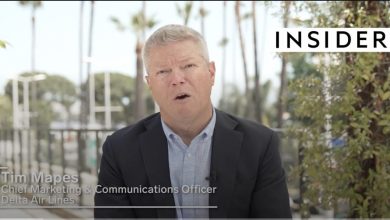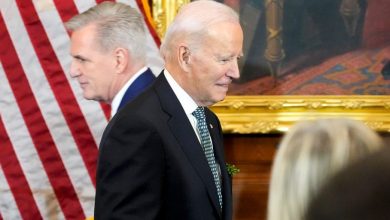NYT: Elon Musk Denies Ukraine Starlink Access Due to Crimea Ship Attack

Elon Musk has once again found himself amidst controversy as reports suggest that he refused Ukraine access to his Starlink satellite internet service following a recent attack on a Ukrainian navy vessel in the Black Sea. According to the New York Times, the Ukrainian government had sought to partner with Musk’s SpaceX company to provide internet access to its citizens in the Crimean region. However, Musk allegedly declined their request, citing the need to maintain global peace and avoid any association with escalating tensions.
The incident in question occurred on June 23, 2022, when a Ukrainian navy ship was attacked and subsequently seized by Russian forces near the Kerch Strait, an area connecting the Black Sea to the Sea of Azov. This region has been a contentious point of conflict since Russia’s annexation of Crimea in 2014. The seizure of the Ukrainian vessel further fueled tensions between the two countries, resulting in condemnation from the international community.
In response to the conflict, the Ukrainian government sought alternative means to ensure consistent internet access for its citizens in Crimea, an area largely affected by the annexation. Recognizing Starlink’s potential in providing high-speed internet to remote locations, Ukrainian officials reached out to Elon Musk’s SpaceX company. However, according to anonymous sources cited by the New York Times, Musk declined the request, expressing concern that providing Starlink access to Crimea might further antagonize the ongoing conflict.
Musk’s decision has sparked heated debates, with critics arguing that denying internet access to an already vulnerable population is a violation of their basic rights. Providing reliable and fast internet access to citizens, particularly in areas affected by geopolitical conflicts, has been hailed as a transformative tool for education, communication, and economic development. By withholding that access, some argue, Musk is potentially contributing to the suffering of innocent people caught in the midst of a territorial dispute.
However, Musk is no stranger to controversy, having faced criticism for his statements and actions in the past. He has often cited his commitment to prioritizing global peace and stability as the underlying reasoning behind his decisions. In this case, Musk was likely cautious about being seen as taking sides in a conflict that already has far-reaching geopolitical implications. By declining Ukraine’s request, Musk aims to avoid associating his company with any potential escalation or antagonism between Ukraine and Russia.
While some may see Musk’s decision as politically or morally motivated, others argue that it is a strategic move from a business standpoint. Ukraine’s request for access to Starlink may have put SpaceX in an uncomfortable position, potentially jeopardizing its relationships with other stakeholders, including the Russian government. As SpaceX continues to expand its global coverage, maintaining neutral ground and avoiding entanglement in geopolitical conflicts could be essential for long-term success.
As the world becomes increasingly connected, conflicts like those seen in Crimea underscore the complex challenges faced by technology companies operating on a global scale. Balancing the pursuit of business interests, moral obligations, and avoiding geopolitical strife is certainly no easy task, with the decisions of high-profile figures like Musk under constant scrutiny. Ultimately, the fallout from this situation highlights the need for a nuanced discourse surrounding the responsibilities of tech giants in an increasingly interconnected world.




